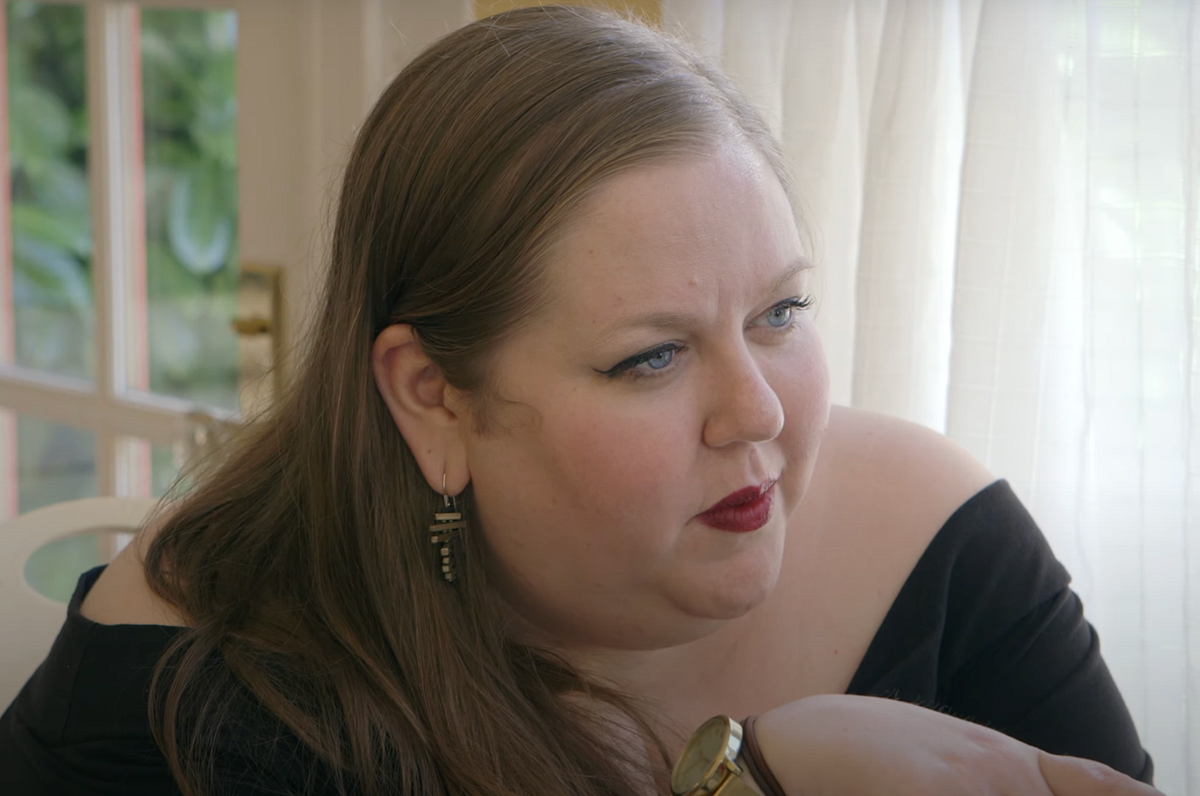Jeanie Finlay’s new documentary Your Fat Friend — released last year and playing at the Roxie Theater on May 14— opens with images of its subject, Aubrey Gordon, bathing in a bucolic hot spring in the Pacific Northwest. The camera travels over her ample body, lingering on its curves and rolls.
In a voice-over, Gordon directs the audience to “just say fat. Not curvy or chubby or chunky or fluffy or more to love or big guy or full-figured or big-boned or queen-size or husky or obese or overweight. Just say fat.”
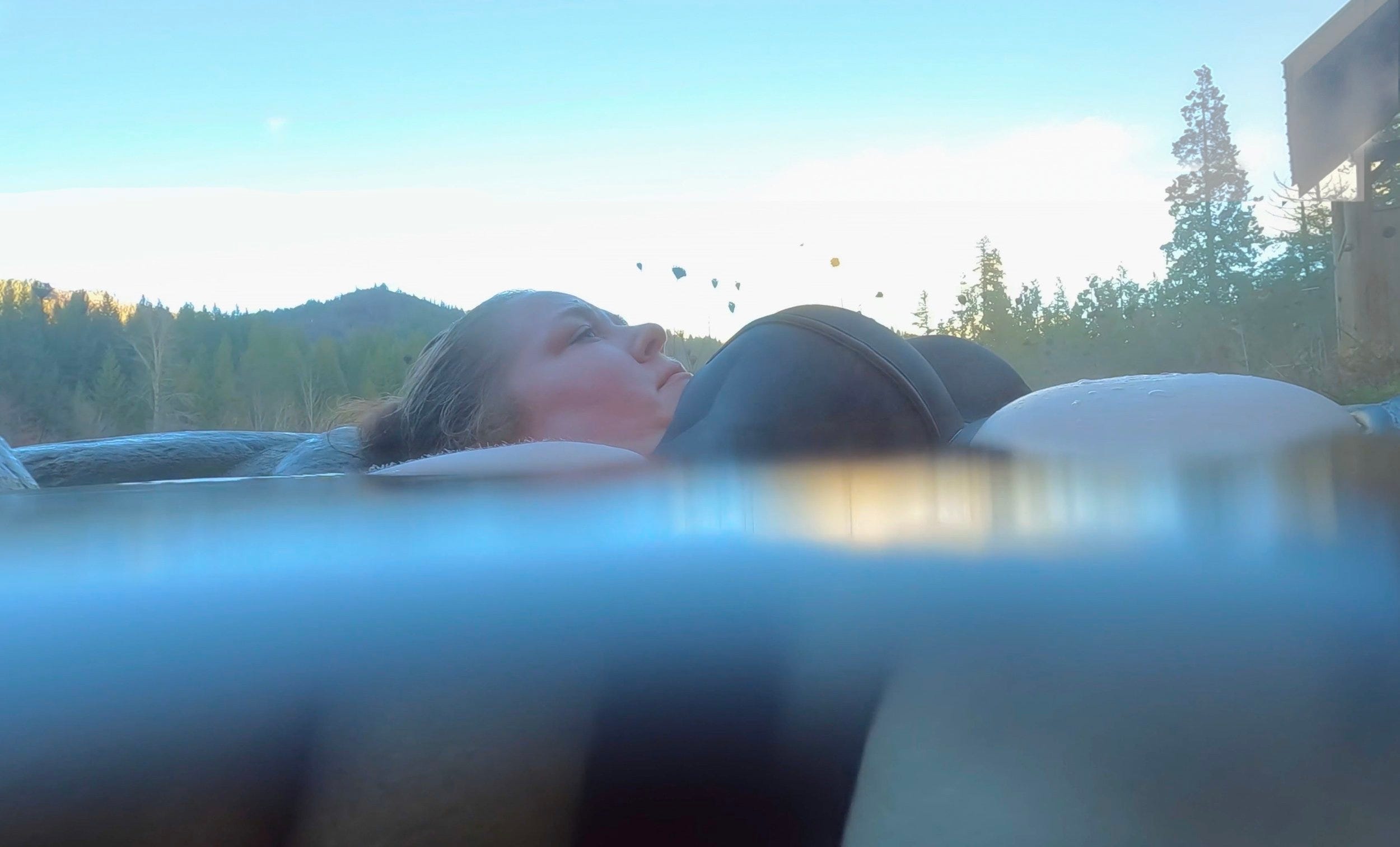
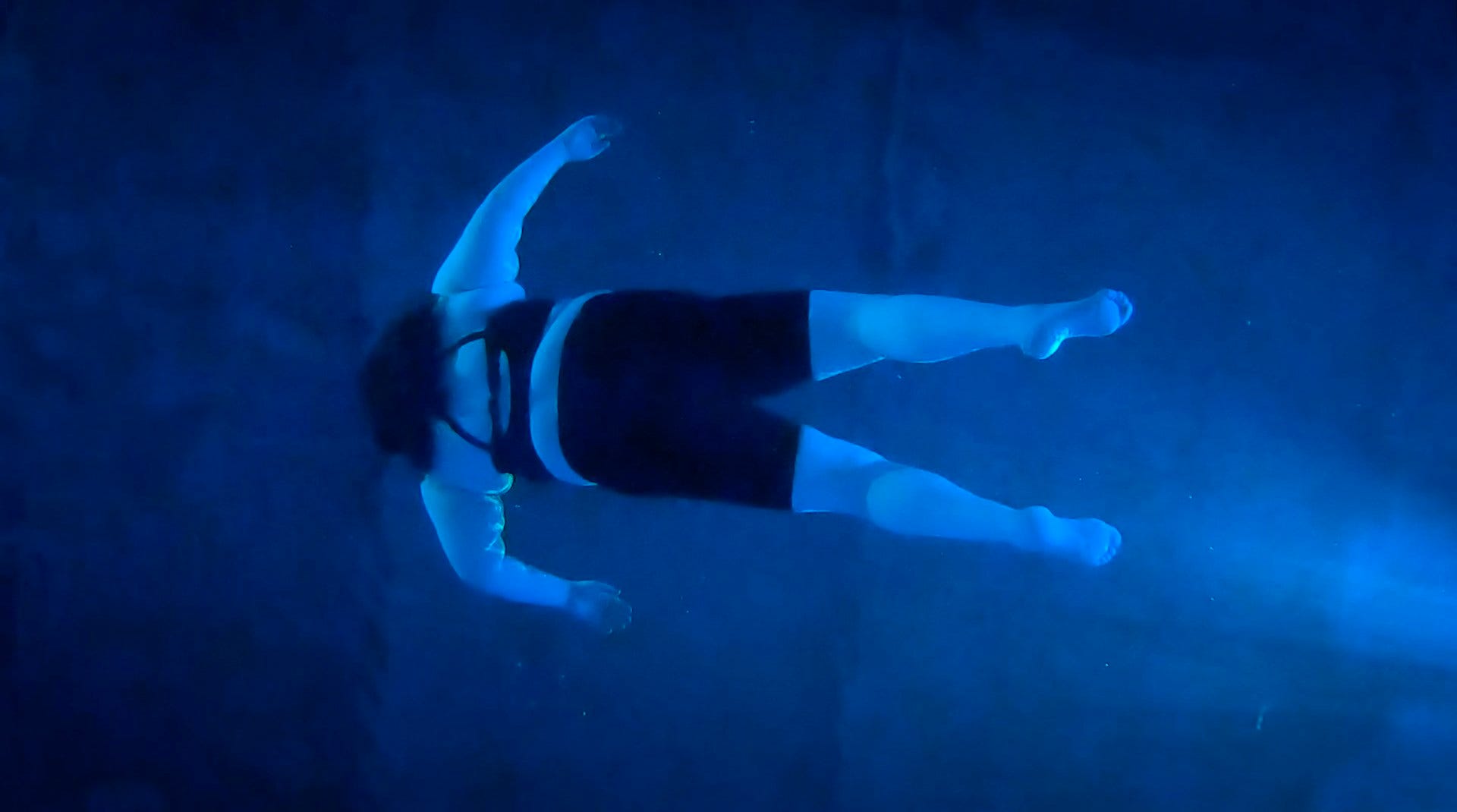
In a pre-taped Q&A session at the first San Francisco screening of the film on May 5, British director Finlay pointed out that filming fat bodies in water has become canon — likely alluding to the episode of the Hulu series “Shrill” in which the protagonist attends an exquisitely designed “Fat Babe Pool Party.” As it turns out, Gordon had been a competitive swimmer as an adolescent, so the water theme was a perfect fit. Finlay said she wanted to counter the dehumanizing ways fat people have been filmed in the past (notably, as headless bodies in fear-mongering news stories about the “obesity crisis”), by using a “tender gaze.”
Your Fat Friend chronicles Gordon’s six-year progression from an anonymous blogger known on Twitter as @yrfatfriend to a public author, podcaster, and fat activist. Since filming began, Gordon has written two books and began hosting the acclaimed podcast Maintenance Phase with journalist Michael Hobbes.
In the film, Gordon describes the anxiety and trepidation she felt around her decision to go public, based on the abuse and trolling she had received as an anonymous author.
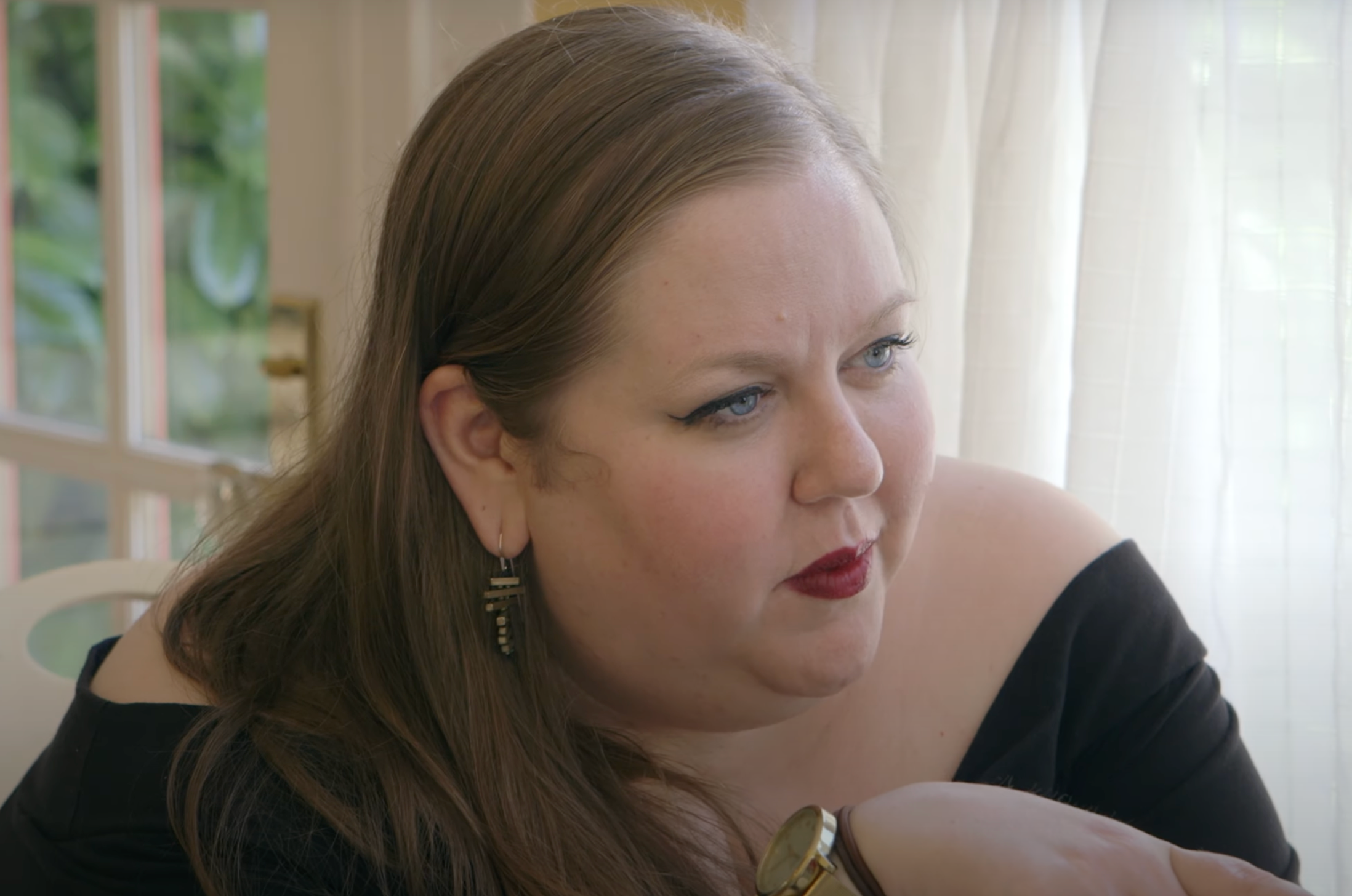
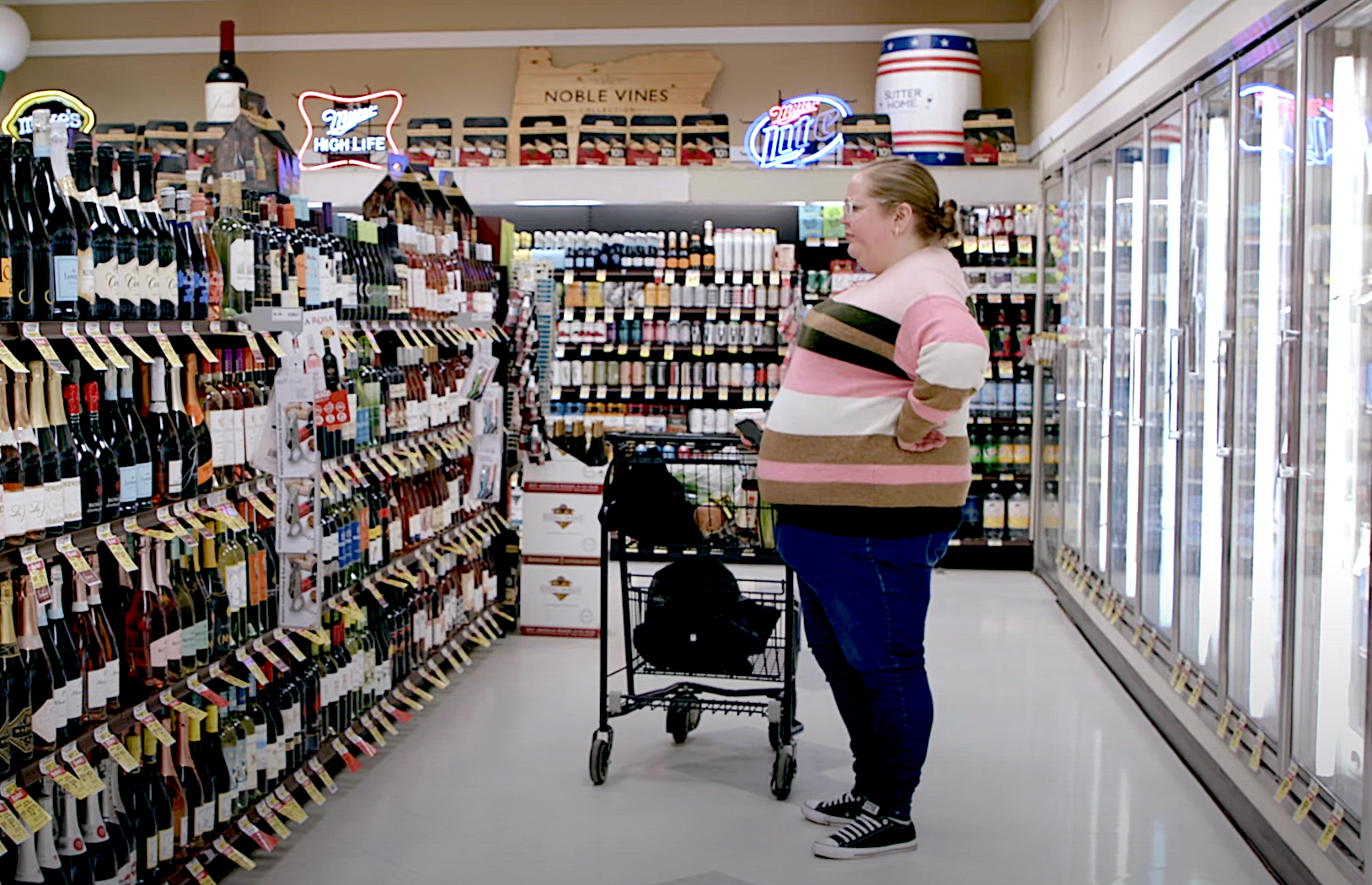
Gordon’s writing debunks the many harmful misconceptions about fat people and highlights the prejudice they face, particularly from medical professionals. Anecdotes such as the fact that the average American woman is classified as overweight or obese (according to the very flawed BMI system) are sprinkled throughout the film, which doesn’t feel didactic at all. “Nothing is made for us,” Gordon says, speaking about how hostile the built environment is for fat people, such as notoriously cramped airplane seats.
The film both speaks to and affirms the experience of fat people, as well as attempting to educate people with thin privilege, but its most moving scenes are focused on Gordon’s relationship with her parents. She reminisces with her mom Pam about dieting together when she was a kid, saying she absorbed a lot of body shame from watching Pam relate to her own body.
It’s a deeply relatable moment, highlighting how commonly mothers model internalized fatphobia for their daughters. Gordon reflects that the strongest bonding among women revolves around hating their bodies. A scene filmed during a Thanksgiving dinner shows Gordon’s older female (thin) relative spouting a version of the tired adage, “A moment on the lips, a lifetime on the hips.”

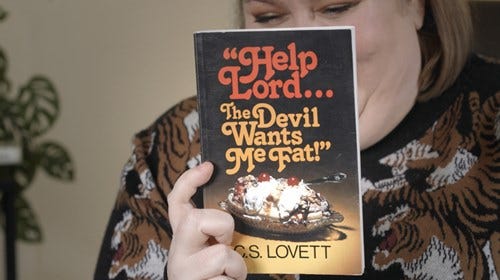
One of the most poignant scenes involves Pam revealing that despite the many diets and attempts to get her daughter to lose weight, she never expected any of them to work. When asked why she did it, Pam said she felt like she had to do something because, as a mom, “her size was my responsibility.” So she went through the motions.
Gordon’s dad Rusty also expresses some regret about his parenting, specifically the way he surveilled her eating when she was a kid, which is something he learned from his own dad. The final scene of the film shows Gordon triumphantly doing a book reading at Powell’s in Portland, and Rusty tears up with pride.
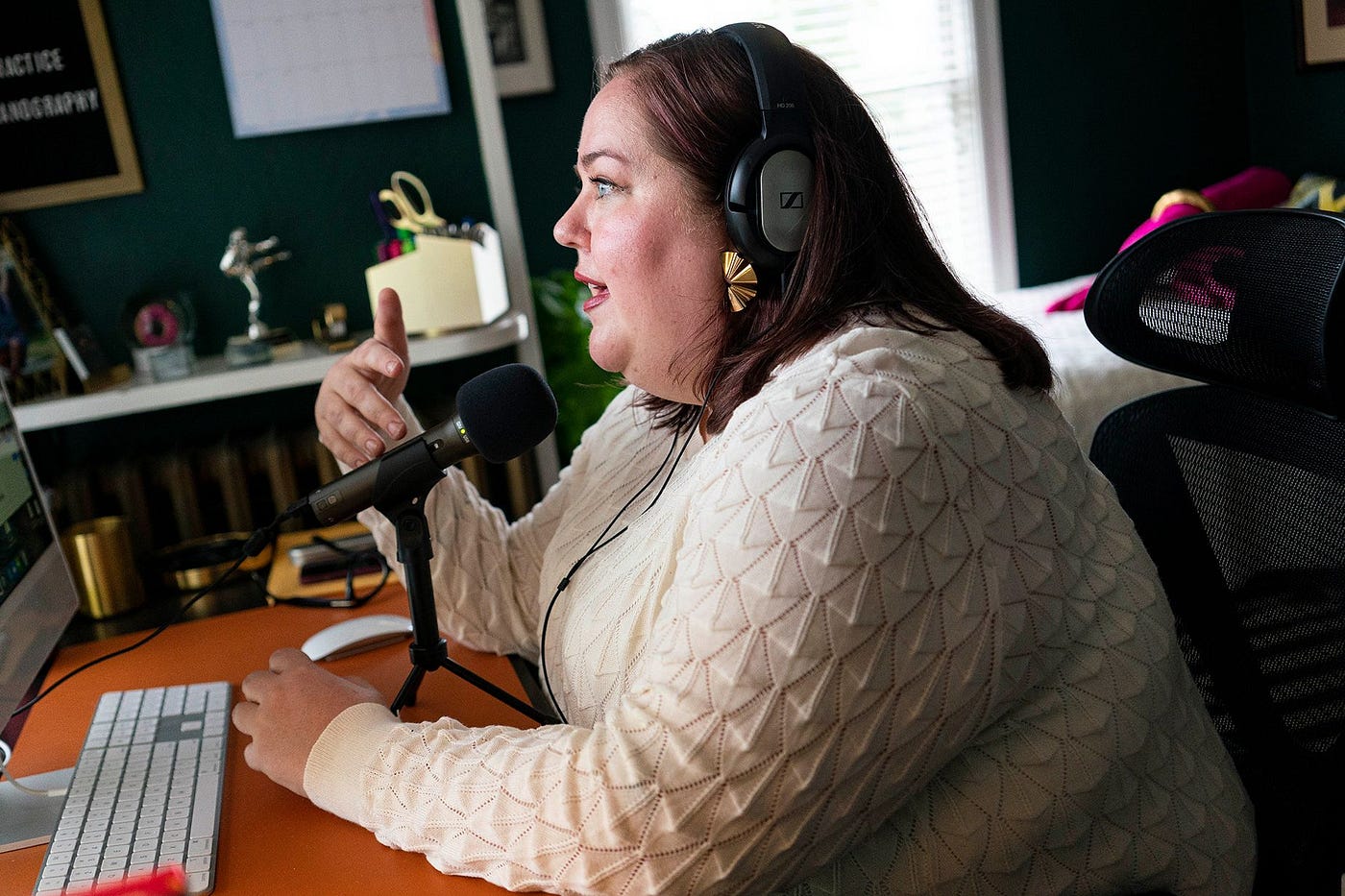
To Finlay’s credit, despite how earnest the film is in many ways, Gordon’s wry humor constantly shines through, whether it’s the way she jokes about people who try to lie to her and say she’s not really fat, or when she’s showing off her collection of vintage diet books, many of which are hilariously cringey.
Your Fat Friend won the Audience Award for Best Documentary at last year’s Sheffield International Documentary Festival. As it gets screened more widely in American cities, hopefully it will garner acclaim here as well, and stimulate some much-needed conversation about anti-fat bias.
// “Your Fat Friend” plays again at The Roxie on May 14. Tickets and details
Rebecca Bodenheimer is an Oakland-based freelance writer and cultural critic whose work has been published by CNN Opinion, Los Angeles Times, San Francisco Chronicle, The Ringer, Vice, Politico, and a range of other outlets.
The Bold Italic is a non-profit media organization, and we publish first-person perspectives about San Francisco and the Bay Area. Donate to us today.



